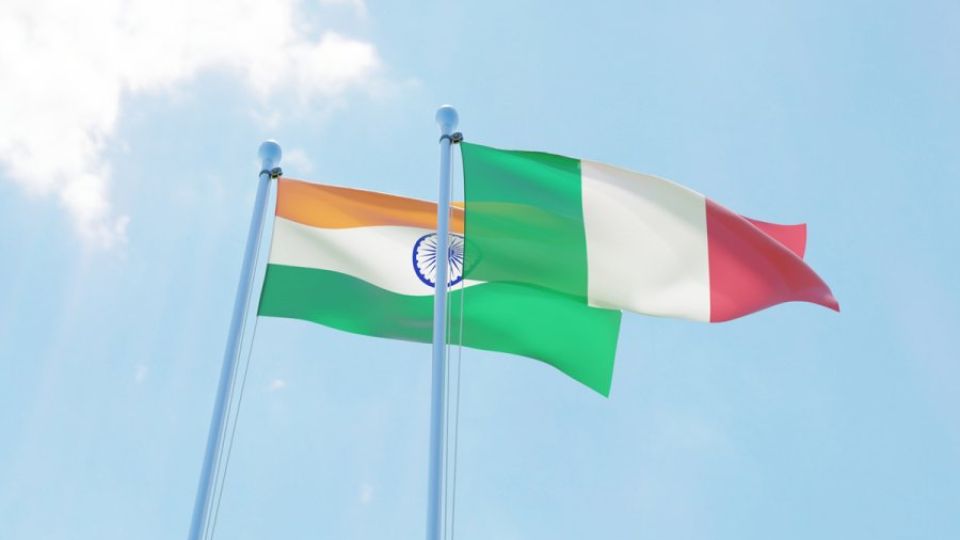December 28, 2023
NEW DELHI – The Union Cabinet, chaired by Prime Minister Narendra Modi, has given its ex-post facto approval to the proposal of the Ministry of External Affairs to sign and ratify the Migration and Mobility Agreement between India and Italy.
The agreement would enhance people-to-people contacts, foster mobility of students, skilled workers, business people and young professionals and strengthen cooperation on issues related to irregular migration between the two sides.
The accord locks-in the current Italian visa regime including mechanisms for post study opportunities, internships and professional trainings assuring an advantage for India under the existing labour mobility pathways under the Flows Decree.
Indian students wishing to gather initial professional experience, after completing academic/vocational training in Italy may be granted temporary residence in Italy for up to 12 months.
The Italian side has detailed provisions related to Professional Training, Extracurricular Internships and Curricular Internships which allow Indian students/trainees to gain experience in Italian skill/training standards.
For workers, the Italian side has reserved a quota of 5000, 6000 and 7000 non seasonal Indian workers for 2023, 2024 and 2025 under the current Flows Decree (Total reserved quota stands at 12,000 for non-seasonal workers). Additionally, the Italian side has reserved a quota of 3000, 4000 and 5000 seasonal Indian workers for 2023, 2024 and 2025 under current Flows Decree (Total reserved quota stands at 8000 for seasonal workers).
Under the Flows Decree, the Italian side has offered incremental reserved quotas for both seasonal and non-seasonal workers from 2023-2025. Additionally, the agreement also formalises joint working on furthering mobility pathways between India and Italy through agreements on Youth Mobility and Facilitation of Recruitment of Indian qualified professionals in the healthcare and medical services sectors which will be discussed under the Joint Working Group (JWG).
Cooperation between the two parties in fight against irregular migration has also been formalised through the agreement.
This agreement will come into effect on the first day of the second month following the date of receipt of the last of the two notifications by which the Parties shall have communicated to each other the completion of their internal procedures necessary for its entry into force and will remain into force for a period of five years. Unless terminated by any Participant, the agreement will be automatically renewed for a similar successive period.
The agreement provides a formal mechanism for its monitoring through a JWG which would meet periodically, in virtual or physical mode as convenient, and oversee its implementation. The JWG would share relevant information, evaluate implementation of the pact and discuss all appropriate proposals to support implementation as necessary.


